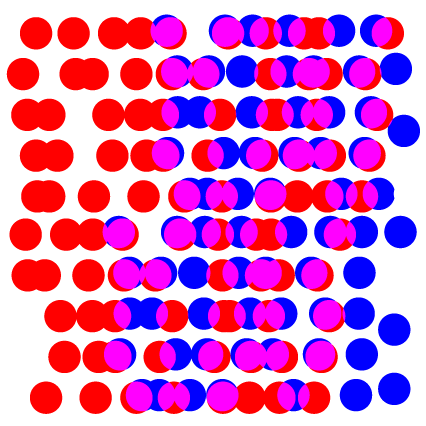
In the psychology of music and basic auditory research, there is talk of “paradoxes of hearing” or “musical paradoxies” (Deutsch 1986, 275-280; Utz 2015, 22-52; Deutsch 1995). But can auditory impressions really be paradoxical? What exactly should it mean what exactly should it mean to “hear paradoxes” or even to “hear paradoxically”? We will pursue this question in the following and in doing so, we will first define the concept of paradoxia for the present context – namely in the sense of ambiguity and discrepancy ambiguity and a discrepancy. We will then develop a typology, which at the same time shows the fundamental significance that ambiguities have for music – or more precisely: for the enduring appeal of pieces of music.
Paradoxien des Auditiven? Ambiguitäten und Diskrepanzen beim Hören und in der Musik. In Catherine Herbin (ed.), Paradoxien: Grenzdenken und Denkgrenzen von A(llwissen) bis Z(eit), 177–201. Paderborn: Brill mentis.
print
ISBN: 978-3-95743-251-3
ebook
ISBN: 978-3-96975-251-7